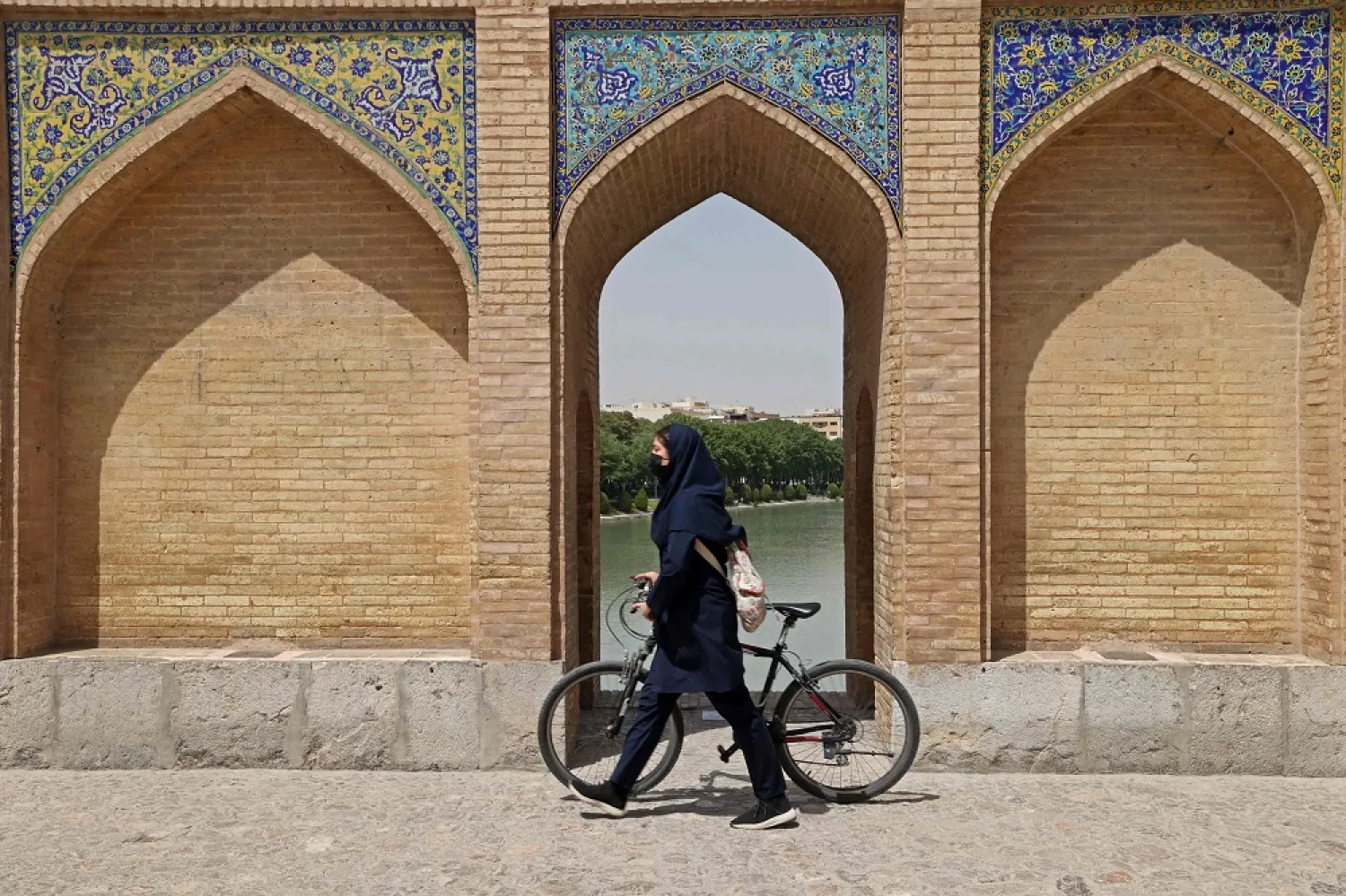A court in Iran has sentenced a man to death for killing two clerics and wounding a third in a knife attack at a shrine in April, the judiciary said on Tuesday.
"The revolutionary court sentenced him to death ... and his lawyer has appealed. The case has been sent to the Supreme Court," judiciary spokesperson Masoud Setayeshi told a news conference carried live on a state-run website.
Officials said the attacker was a 21-year-old ethnic Uzbek from Afghanistan with radical views. He was arrested after the stabbings at Iran's largest Shiite Muslim religious complex in the northeastern city of Mashhad.
Attacks on clerics and government officials have been rare in Iran after authorities tightened security measures and cracked down on opposition groups following a string of attacks and bombings that killed dozens of officials and clerics following the 1979 revolution.
However, a senior conservative cleric was slightly hurt after being attacked by a man with a knife after Friday prayers last week in the central city of Isfahan.
There have been weeks of unrest in Iran after a jump in food prices and amid public anger with government leaders and powerful clerics over a deadly building collapse last month that was widely blamed on corruption and lax safety measures.









